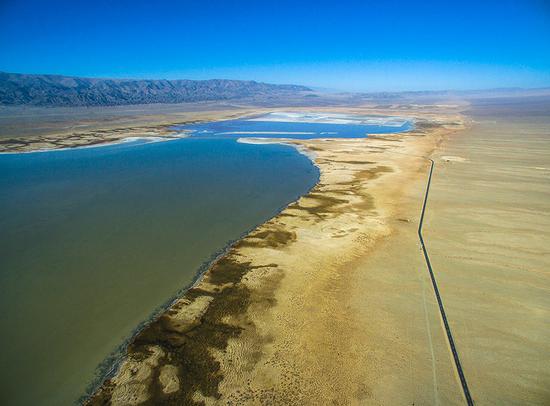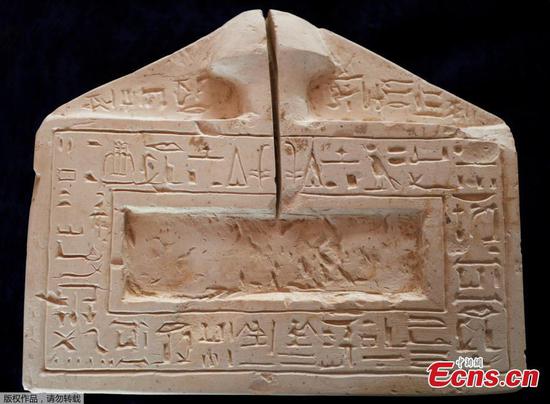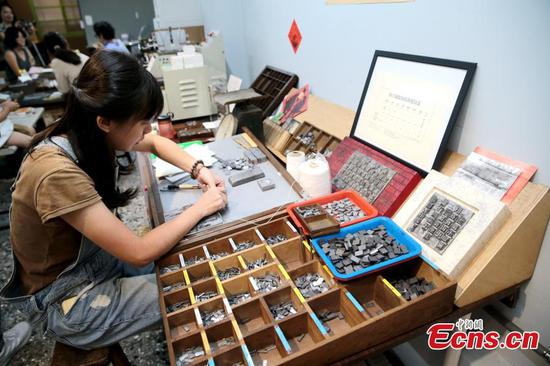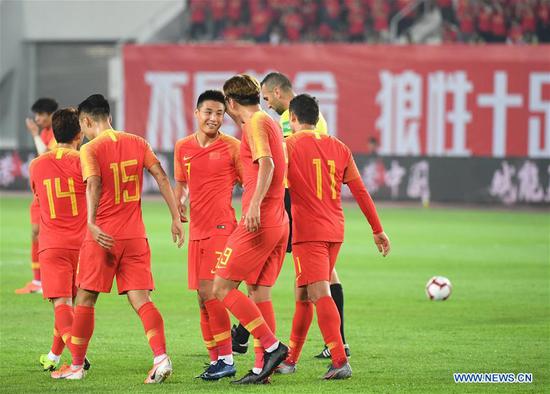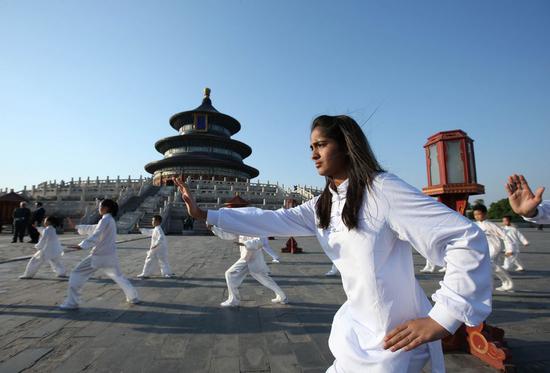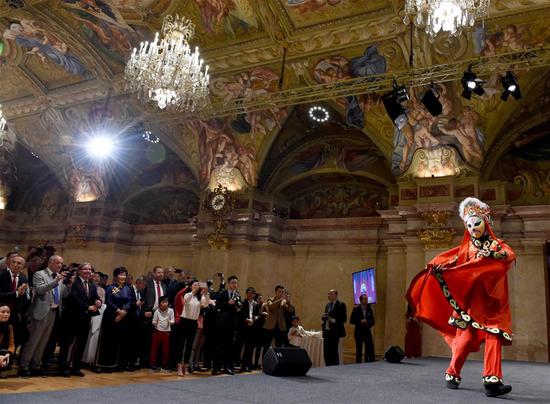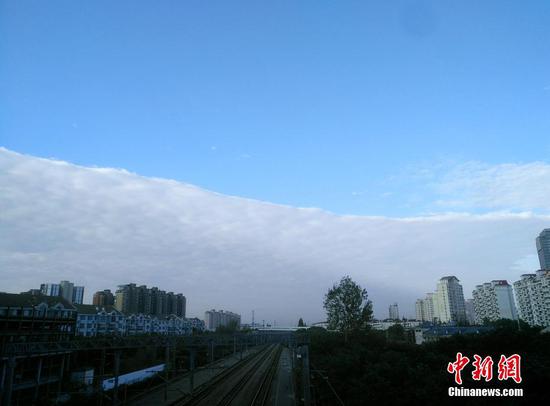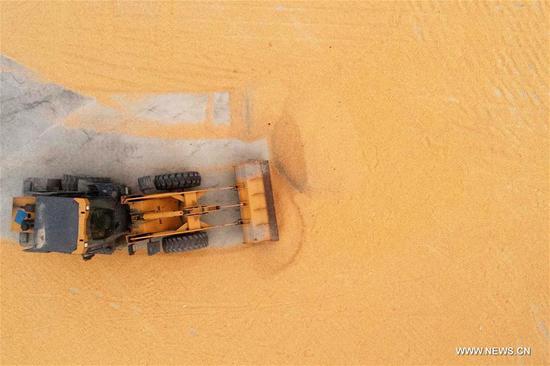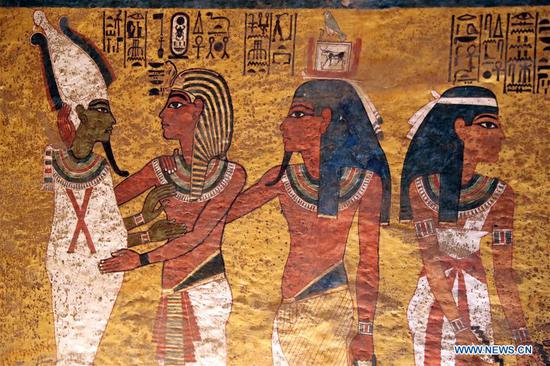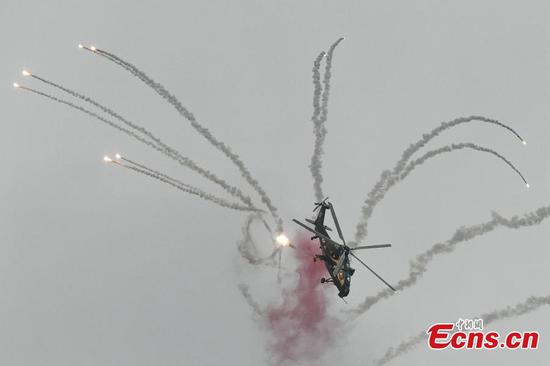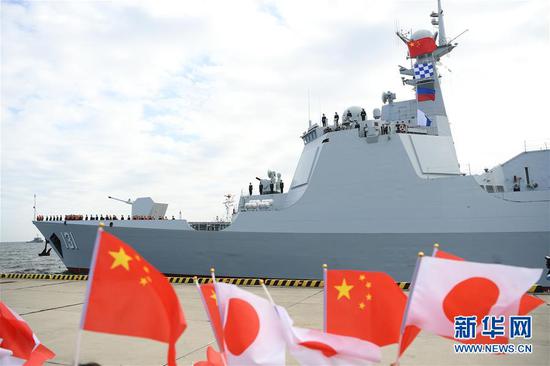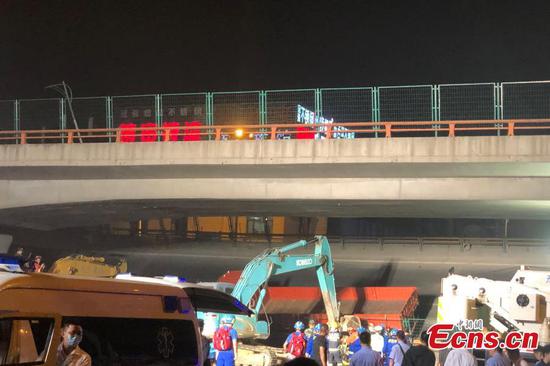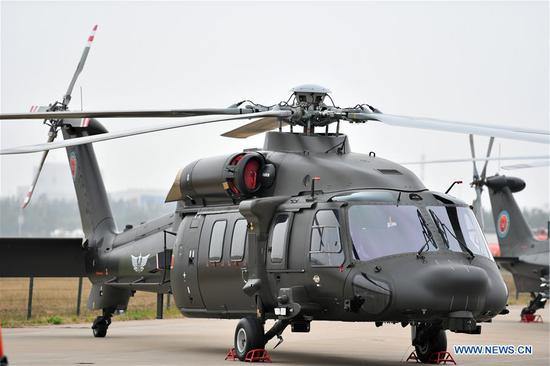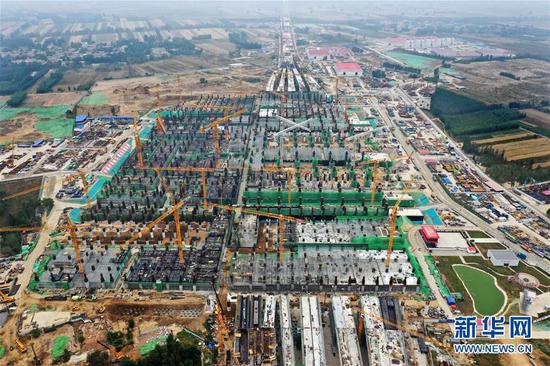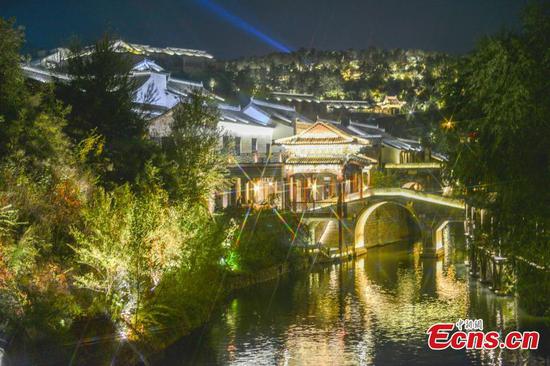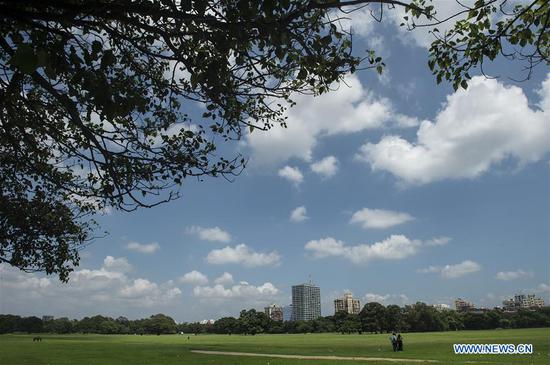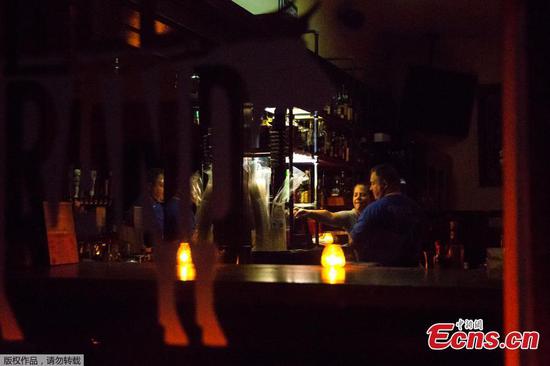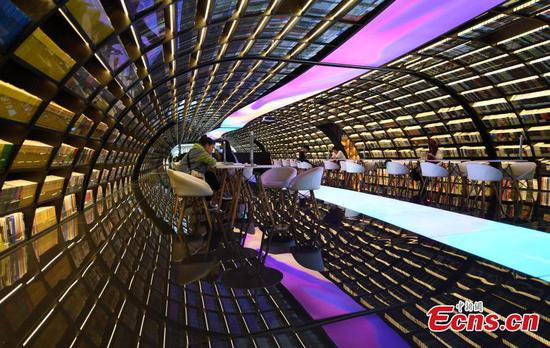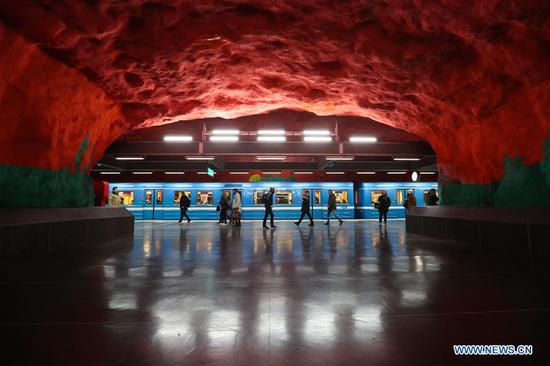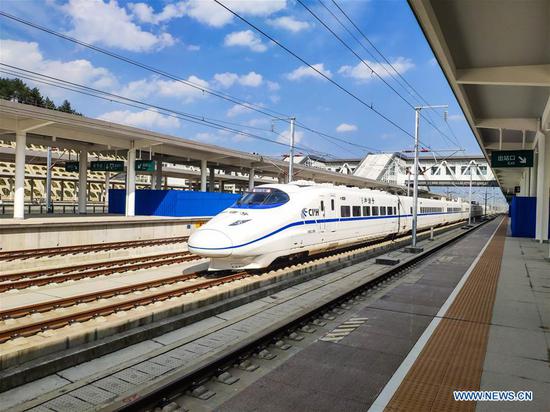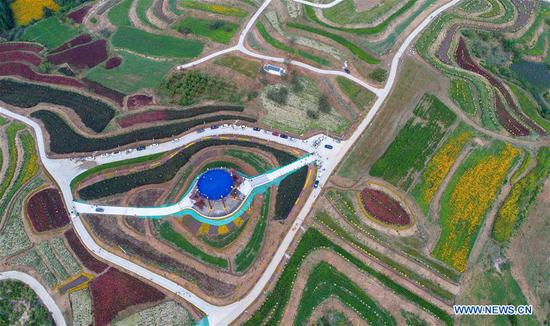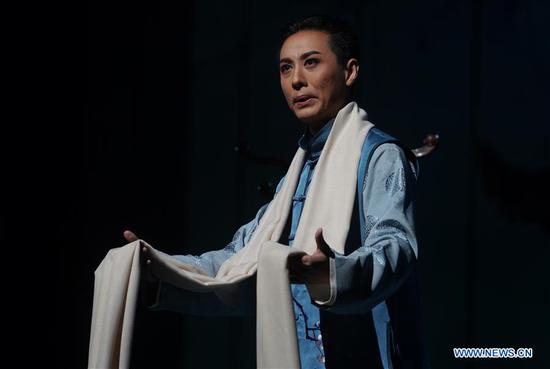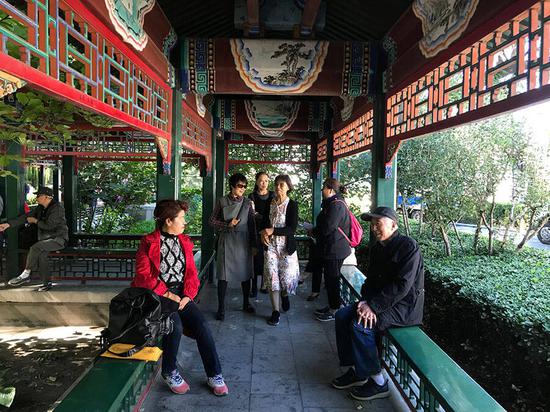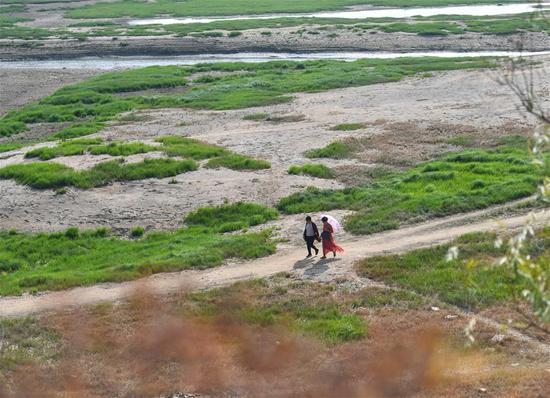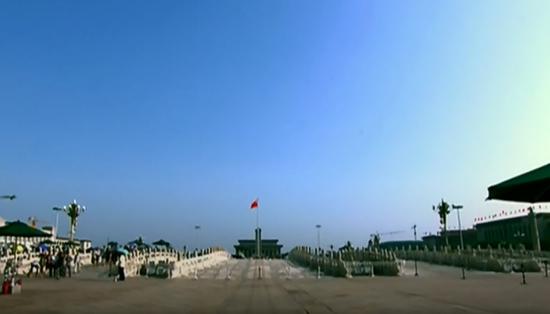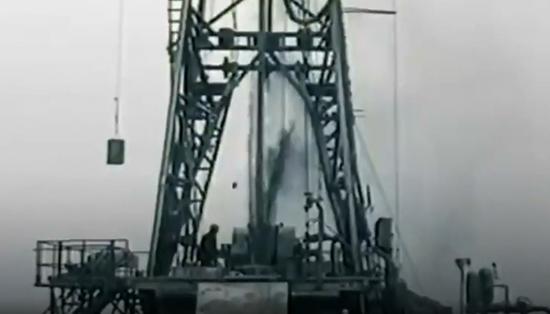The Communist Party of China held the Third Plenary Session of its Seventh Central Committee from June 6 to 9, 1950, in Beijing. The meeting mainly discussed economic issues. This was a clear indication that the Party's focus was shifting from revolution to economic development.
On June 25, 1950, the Korean War broke out. The U.S. dispatched forces to the front and sent its Seventh Fleet into the Taiwan Strait. On October 8, Mao Zedong ordered the formation of the Chinese People's Volunteer Army. During the night of October 19, the Volunteer Army crossed the Yalu River and entered the war.
Between October 25, 1950, and June 10 the following year, the Chinese and DPRK forces, through a series of successful engagements, steadily pushed the American-led army back. The victory of the war had defended New China, safeguarded world peace, and guaranteed the conditions for economic construction to progress at home.
On June 15, 1953, Mao Zedong proposed a general line for the coming period of transition. And so, the whole country embarked on the three major transformation movements.
In 1952, in response to the new cooperative transformation of agriculture initiative, a local farmer named Wang Guofan in Zunhua City, Hebei Province, organized the 23 most impoverished farmers in Xipu village into a new cooperative society. Within three years, they had become significantly better off.
At the end of October 1955, Mao Zedong twice invited representatives of the industrial and commercial community to have meetings. The capitalist industrial and commercial transformation was soon gathering momentum. By the end of 1956, the adoption of the public-private partnership model by previously capitalist industrial and commercial enterprises across the country was almost complete.
With the completion of socialist transformation, a basic socialist economic system had taken root, based on public ownership of the means of production and the principle of distribution according to work done.
With the development of a socialist economic system, major headway was being made in the building of a socialist political system. On September 15, 1954, the highly anticipated first session of the first National People's Congress convened in Huairen Hall at Zhongnanhai.
"Our goal must be achieved, and it can be achieved."
"I hereby announce that the Constitution of the People's Republic of China was adopted on September 20, 1954."
"I hereby announce the result of the election of the president of the People's Republic of China."
"Total votes cast: 1,210. Mao Zedong is elected with 1,210 votes."
By adopting the Constitution and establishing the political system of the People's Congress, China had laid a solid basis for its further development and prosperity.
It rained heavily on National Day in 1956. From the Tian'anmen rostrum, Mao Zedong smiled and waved to the soldiers and people celebrating the festival. Despite the rain, the review of the three forces of the Chinese People's Liberation Army went ahead. The downpour did nothing to dampen the marchers' joy. The young People's Republic was marching forward in the rain.









